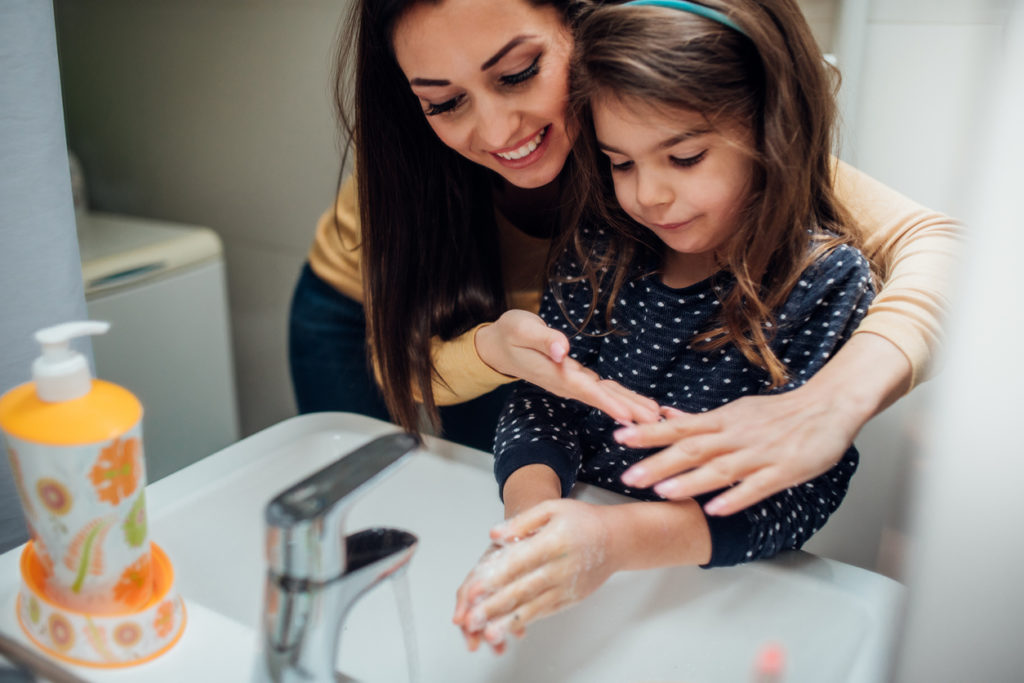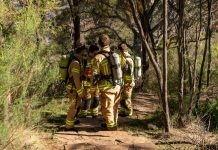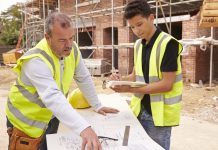Elbow bumps in lieu of high-fives, segregated lunchtimes and hyper hand hygiene – they’re all a part of our children’s new reality in response to the COVID-19 Coronavirus pandemic. But while kids are seemingly adapting well to the changes, University of South Australia child development experts say adults need to be increasingly mindful of their own reactions to the pandemic and take care when explaining the situation to children.

According to early childhood education expert, UniSA’s Associate Professor Victoria Whitington, the way a parent, teacher, or significant adult responds in a crisis can have significant implications for a child.
“Children need calm and stable parents and teachers, especially in uncertain times. There’s no doubt, we’re all feeling a bit unsure at the moment, but panicking and worrying in front of your kids will not improve the situation,” Assoc Prof Whitington says.
“Children take cues from their key attachment figures – their mums, dads, and teachers – so if they hear or see them worrying, they’ll tend to take on this worry too.
“That’s not to say that parents should avoid talking about the current health problem, rather, parents need to be mindful of how they broach the subject. Talking calmly, kindly and patiently with children will help them learn what they need to know in a considered way, without extra angst.
“Parents should also know that it’s okay to keep the information light and age-appropriate. For younger children, songs, games and jokes can work well to teach and remind them of what they can do to stay safe. Similarly, for older children, sitting together to watch an explainer video can also work.
“Also, appropriate to age, parents can talk with their children about the ways that they can work together to support each other, as children want to contribute.
“Having a sense of agency is important to children as well as adults.
“For example, families could talk together about what they might do as a family to support each other, so that children are team members, things such as working out fun activities for their families to do at home, contributing to house cleaning, or reminding the family about handwashing and social distancing when shopping.”
Recently, children have been exposed to an unusual amount disruptive changes – chaotic and irrational buying that’s stripped supermarkets of toilet paper, new social distancing measures, and constant reports of illness and death on TV. Add this to the cancellation of or changes at school, mum and dad working from home or not going to work at all, and children are understandably unsettled.
Educational psychology and child protection expert, UniSA’s Dr Lesley-anne Ey, says as the pandemic develops, parents will increasingly be looking for ways to rationalise the state of play to their kids.
“Young children in particular are unlikely to be able to understand what’s going on and how it will affect them, their family and their friends,” Dr Ey says.
“They may be concerned that their loved ones are going to die; that Australia will run out of food; or that they’ll not see their friends again.
“The need for protective practices is very real. But when explaining to kids the importance of more frequent handwashing, avoiding handshakes or high-fives, and not touching their face after touching things in public, parents should be clear that these steps are preventative not doomed steps.
“For parents, the most important thing is to maintain a sense of calm around your kids. Shield them from too much sensationalist TV news but be honest about what’s happening in the world.
“No matter how old they are, all children still need hugs and affection from their parents. Together, these are the keys to making your child feel safe, loved and secure.”







